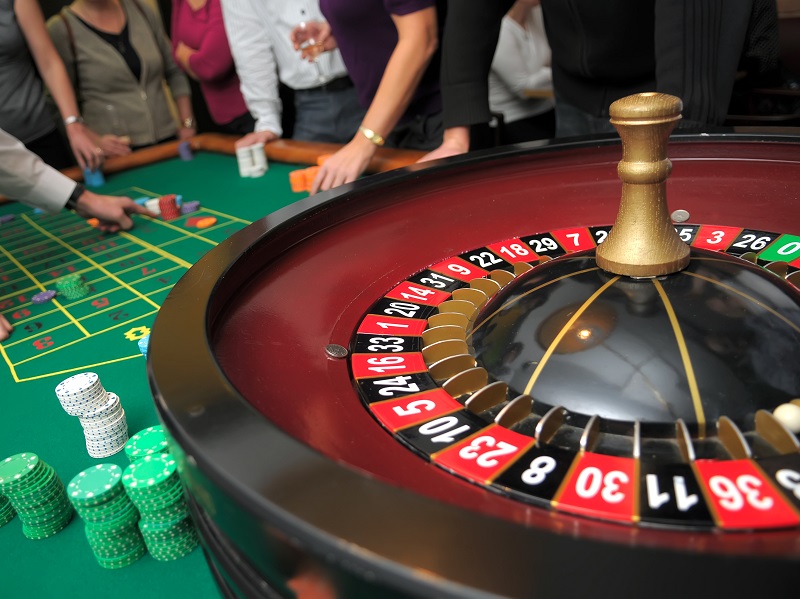When someone has a gambling problem it can be described as an uncontrollable urge to gamble even if it is ruining your life. Also known as compulsive gambling a gambling addiction can cause the person to risk everything in the hope of getting that big win. The feelings of euphoria are similar to those felt with a similar problem to drugs or alcohol. They lie about money and the amount of time they spend gambling, hide debts and often commit crimes to fund their addiction. All is not lost because if you or someone close to you has a problem with gambling help is available to treat this disease.
All areas of life can be affected by gambling and they include your home life, job and social life. It is a chronic disease that will worsen over time if untreated. A lot of family members of a addict report mental and physical abuse and it can also lead to crime. It is not important if the gambler gambles every day or not as that is not the issue. The issue is what it is doing or has done to their life. It can be difficult to identify a person with a gambling addiction as there are no physical signs, unless they are also addicted to alcohol or drugs.

Gambling is everywhere and not always seen as such by many people. It includes the lottery, bingo, scratch cards as well as investments which are all not always associated with gambling. During an addiction the chemicals in the addicts brain change and for some an innocent flutter on the horses has filled them with such a rush they are now always on the look out to find that same utopia.

Problem gambling and pathological gambling are different. Problem gambling causes harm to themselves and others and they are only interested in gambling and finding the money to gamble with. They do not think rationally and will not stop gambling even if they are going to lose everything. Pathological gambling is an impulse control disorder and is a mental illness that will not improve with time, in fact it will only get worse.
The following behaviours and signs can show a problem gambler with between one and five of the signs and a pathological gambler who must show at least five of the following:
- All thoughts are on gambling, past, present and future
- Increased betting to get the same rush
- Anxiety and annoyance when not gambling
- Use gambling to escape and boost their mood
- Chase bad debts with even more betting to get the money back
- Lies about the amount they gamble
- Can’t quit and has failed many times
- Committing crime to get money
- Puts their relationship in the back seat
- Always needs to borrow money
- Low levels of norepinephrine
With costs to the UK economy of £1.2 billion last year it is not only the family that suffers. Please read the list of stats below:
- 76% of those who are problem gamblers are likely to have depression
- Almost half of problem gamblers wives have been abused
- 17% of children have been abused by a problem gambler parent
- Almost half of problem gamblers steal
- Nearly a quarter of students gamble online
- Women gamblers are growing but there are still far more men with a gambling disorder
Almost anyone can become a problem gambler but some things make addiction more of a certainty. Disorders including psychological problems, drug addiction, alcoholism and mood disorders. Low levels of serotonin, depression and loneliness are also associated with problem gambling. There have been many studies into the link with gambling addiction, alcohol addiction and drug addiction and results have concluded that there is the same risk of getting a gambling disorder as there is for a drug or alcohol disorder. It is also likely that a person with a gambling problem may also have a drug or alcohol issue.
